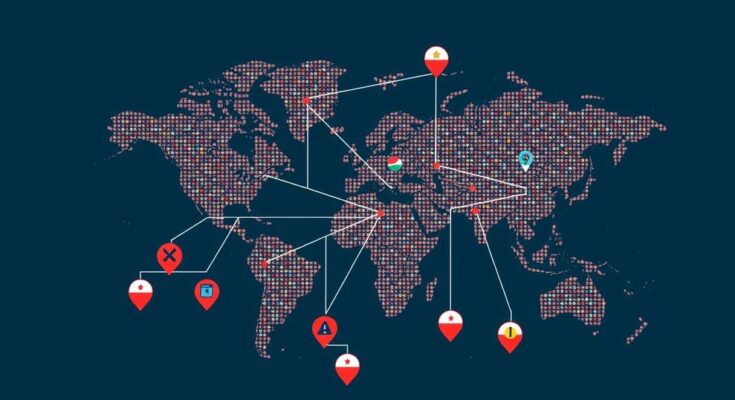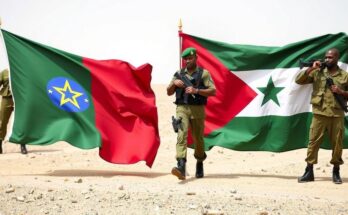Georgia’s upcoming parliamentary elections hold significant implications for the nation’s future, potentially shifting it from a pro-Western stance towards stronger ties with Russia. The ruling party, Georgian Dream, claims it will prevent war, while opposition factions warn of increasing Russian dominance.
As Georgia prepares for its parliamentary elections on Saturday, the significance of this event has been underscored by its potential to alter the country’s diplomatic trajectory since its independence from the Soviet Union in 1991. This election is pivotal, as it could signal a departure from Georgia’s longstanding Western orientation towards a closer economic and political relationship with Russia. The ruling party, Georgian Dream, asserts that its leadership will maintain peace and prevent the country from entering into conflict, contrasting with the assertions from liberal opposition factions who contend that the government’s policies are steering Georgia dangerously closer to the influence of the Kremlin. The political landscape is fraught with implications not only for Georgia itself but also for regional stability and the broader dynamics of Eastern European geopolitics.
Georgia, a strategically located nation at the crossroads of Europe and Asia, has historically navigated complex relationships with both Western powers and Russia. The country’s geopolitical position makes it a focal point for influences that extend far beyond its borders. Since its independence, Georgia has aimed to cultivate alliances with Western nations, seeking integration into European and NATO structures. However, the increasing presence and influence of Russia in the region pose significant challenges to these aspirations. The upcoming elections are a referendum not just on domestic issues but on the broader question of Georgia’s orientation in the face of Russian assertiveness.
In conclusion, the parliamentary elections in Georgia represent a critical juncture that could redefine the nation’s priorities and alliances. The standoff between the ruling Georgian Dream party and the liberal opposition encapsulates a broader struggle over the nation’s identity and future. As voters make their choices, the implications of those decisions will resonate beyond Georgia’s borders, influencing the delicate balance of power in the region and the enduring tug-of-war between Western integration and Russian influence.
Original Source: www.washingtonpost.com




